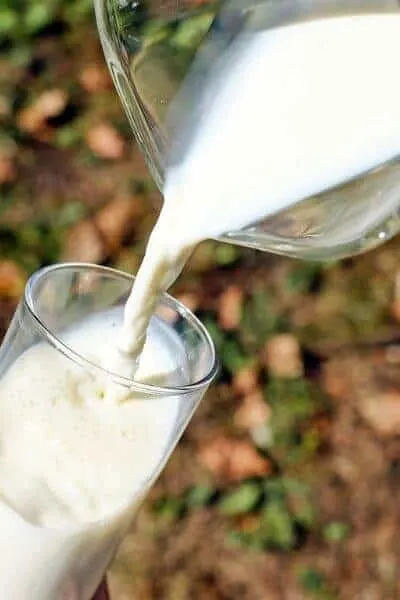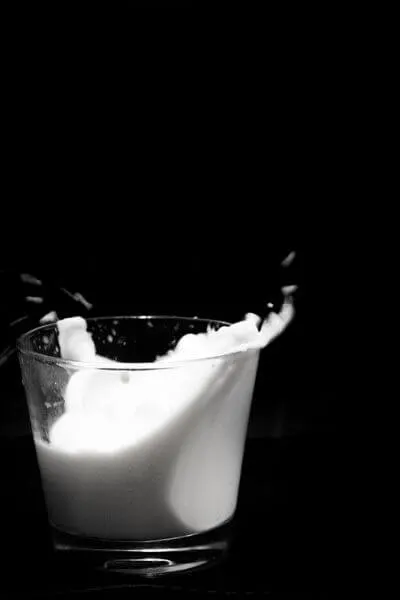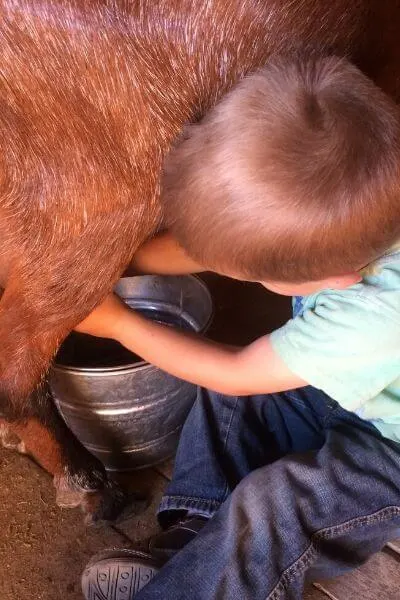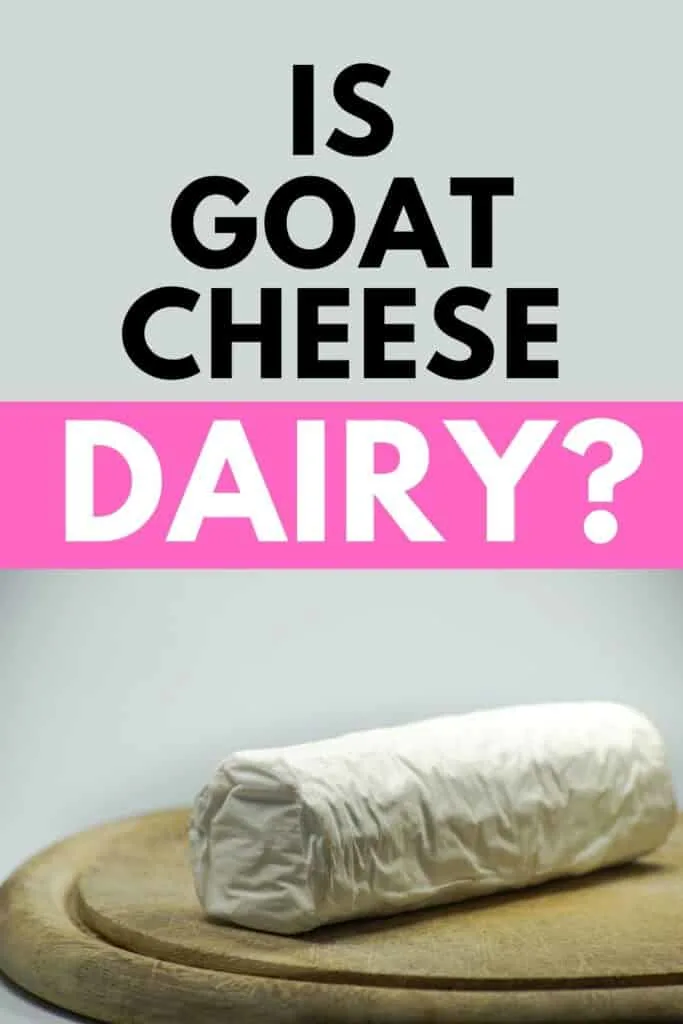I received an email recently with a plea for goat milk. “My little girl needs milk but she just can’t tolerate cow’s milk. I don’t know what to do? Do you have any extra goat milk we can try? Is goat cheese dairy??”
I could hear the pleading in the words sent across Messenger. Milk is so good and healthy, especially for young ones. But what can be done when your little one, or even you yourself, get so sick when any dairy products are consumed? It’s so hard to watch every label and every ingredient for the hidden lactose. It’s wearying and so painful when it’s consumed.
I feel like I’ve found such a gold mine with goat’s milk. It has been such a blessing to our family. My goats provide me food in the form of milk, yogurt, and cheese. And I truly believe we flourish because of it. If you don’t know already, there are amazing benefits of goat’s milk. I encourage you to read this article after you finish this one: The Astounding Benefits of Goat’s Milk.
But none of my family are lactose intolerant in any way.
And for most people, it’s the dairy that has lactose, and proteins that are wreaking havoc in their bodies.
It is widely known, or widely known in some circles anyway, that many people who are intolerant to cow’s milk can actually consume goat’s milk with little problems.
But why? Let’s look a little deeper at what’s going on.
What is lactose?
Lactose is a sugar that milk and milk products contain.
What is lactase?
Lactase is an enzyme that your body produces in the small intestine. It has a very important job to do. It breaks down lactose into simpler sugars: galactose and glucose. The small intestine is where most of your food is digested and where most of the nutrients are absorbed into your body. After the simpler sugars are available they are absorbed into the bloodstream.
What is lactose intolerance?
When the body has a lactase deficiency in the small intestine, it can’t digest the lactose and when there is lactose malabsorption, there is undigested lactose passing into the colon. This causes people to have bloating, diarrhea, and gas as the colon and its bacteria try to break down that undigested lactose.
If you have lactose intolerance, then you probably already know that you will start to see these symptoms anywhere between 30 minutes to 2 hours after you have consumed a dairy product.
What is a dairy allergy?
Lactose intolerance results from an issue with lactose but dairy allergies are usually a reaction to the proteins found in milk. If you have an allergy to milk, then your body views the proteins as invaders and releases a counter-attack that causes the allergy symptoms. Some of the symptoms of dairy allergies are the same as lactose intolerance: gas, bloating, diarrhea and abdominal cramps. But there can be other symptoms as well: nausea, vomiting, rash, hives, swelling, wheezing, tightness of the throat and trouble swallowing.
Cow’s milk, goat’s milk, and lactose
All natural dairy products contain lactose, even breast milk. But goat’s milk does contain 10% less lactose than cow’s milk.
Other differences in goat’s milk
Goat’s milk is also very different than cow’s milk in other ways as well. It is naturally homogenized, which means the fat globules are much smaller than a cow’s and they remain suspended in the milk. That’s why goat’s milk doesn’t separate out the cream like cow’s milk does. But this larger fat globule in cow’s milk makes it harder for humans to digest.
Goat’s milk also carries the protein A2. Most cow’s milk has the protein A1 and it is this A1 protein that causes issues for people as their bodies try to digest it.
Is goat cheese dairy?
Yes, goat cheese is dairy but as you’ve just read, it’s a very different sort of dairy than cow’s milk.
Any milk or milk byproduct, whether it be human, cow, goat, sheep, camel or any other mammal is a dairy product.
Lactose and whey
Interestingly, most of the lactose found in milk is in the whey. When milk is made into cheese, the solid cheese curds separate from the whey while the cheese is being made.
And as cheese ages, the lactose will become less and less. So really, all cheeses have a very low level of lactose naturally.
Is goat cheese dairy-free?
Nope. Goat cheese is a dairy product.
You may have read many conflicting ideas and reports on goat milk and how people with lactose intolerance and allergies handle drinking this milk. I cannot make that decision for you and I would never tell you to drink milk without being very cautious and consulting your physician first, especially if you have a severe intolerance or allergy to it.
But if it were me, I would surely try goat’s milk little bits at a time to see how my body responded and increase it bit by bit and observe my body’s reaction. Many people who have problems with cow’s milk can digest goat’s milk because of its difference.
If I had a baby struggling to digest cow’s milk, then I would pursue goat’s milk to see if it made the difference.
If you are wondering about the wonderful benefits of raw milk, read this next: Benefits of Raw Milk That You Need
And you may also be wondering about this: Is Raw Milk Safe for Babies and Kids?
Are you curious about what it takes to get milk from a goat to your glass? This will be fun information to check out: Raw Milk: From Teat to Tummy



